6 Cars Yamaha Helped Develop
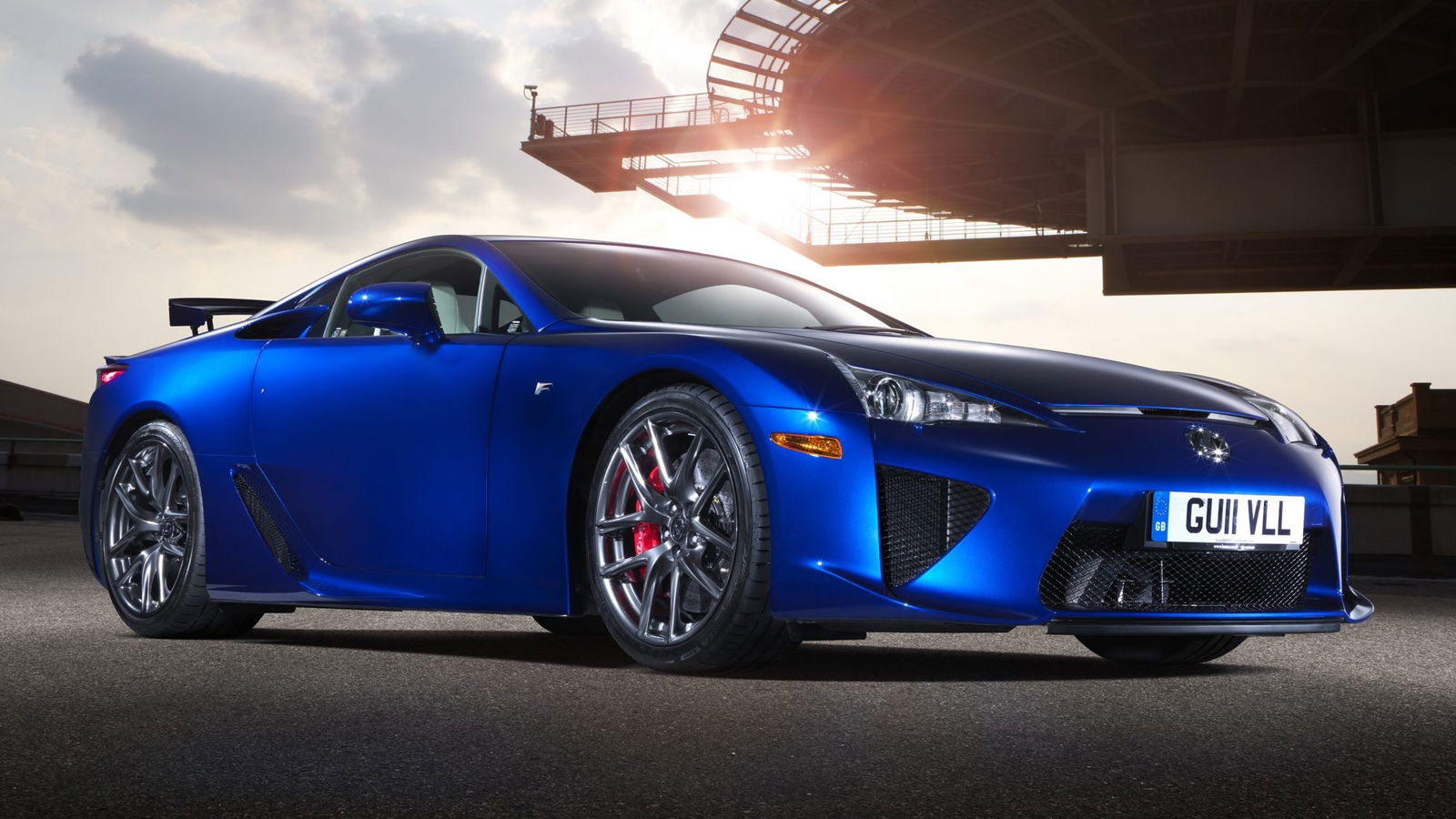
Depending on what you’re more into, the name ‘Yamaha’ will conjure up one of two things: really good motorbikes, or really good pianos. Maybe really good outboard motors if you’re a boat person.
What it probably doesn’t bring to mind is cars, but the Japanese company has often dabbled in the automotive sphere. Much like outfits such as Cosworth, Yamaha – the one that makes motorbikes, rather than musical instruments – is one of those companies car manufacturers sometimes turn to if they need a really special engine building that they’re not necessarily in a position to develop themselves.
In fact, Yamaha’s involvement with cars goes back almost six decades – nearly as long as the company itself has existed. Here are six of our favourite examples of when the Japanese firm swapped two wheels for four.
Caterham Project V
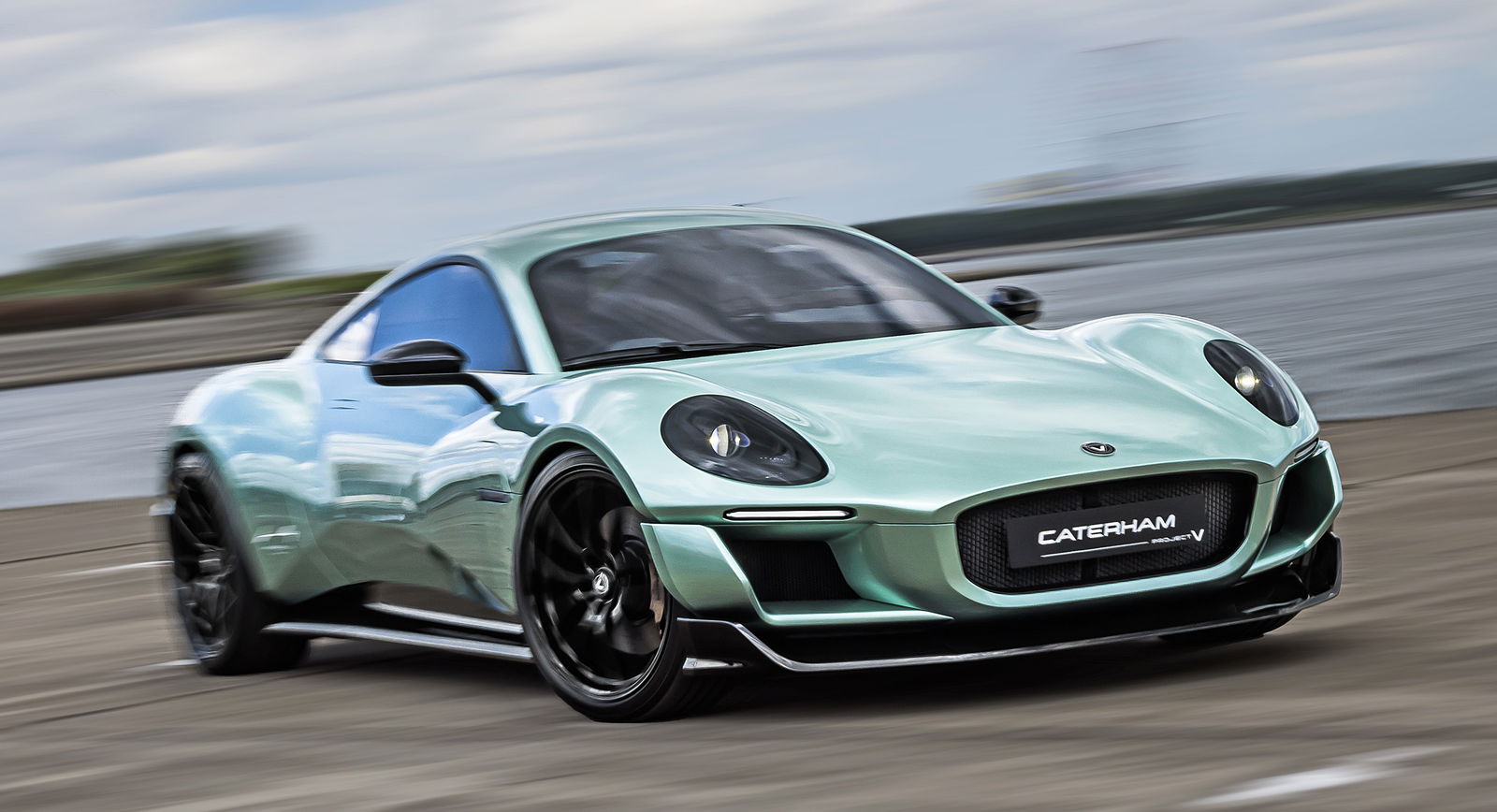
Yamaha’s latest automotive team-up is a bit different to everything that came before, because we’re talking electric motors rather than pistons and petrol.
An EV is a big departure for Caterham, a company defined by the unashamedly old-school, ultra-light Seven sports car, the basic design of which has been around since 1957 in the form of the Lotus Seven.
Still, if there’s anyone out there that can make an EV genuinely fun and engaging to drive, we reckon it’s Caterham, which is why we’re cautiously optimistic about its upcoming coupe, currently known only by the codename Project V.
Getting our hopes up even more is that Yamaha is designing the bulk of the powertrain in the form of an e-axle – a single unit that packages the electric motor, transmission and rear axle all in one. This is good for many things including packaging, weight and balance, all of which point to Caterham taking its lightweight ethos very seriously, even as it goes electric.
Lexus LFA
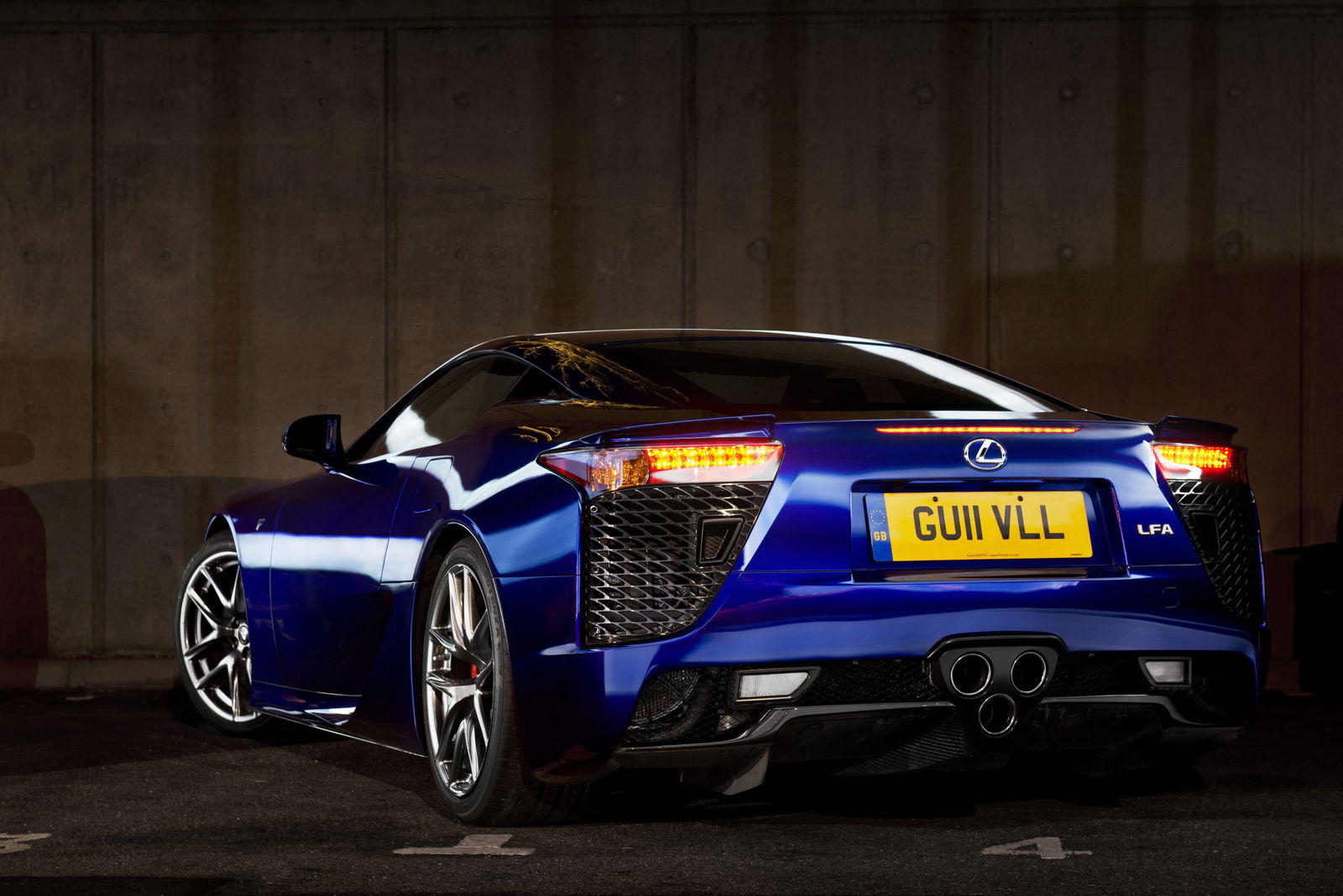
Having already made the cylinder heads for the Lexus IS-F’s shouty N/A V8, Yamaha went one step further with the LFA and designed the whole damn engine. Yep, we’re talking about that glorious 4.8-litre V10, considered by many to be one of the finest road car engines ever made.
There is a second Yamaha connection here too, but it’s not a Motor Company one - part of the air intake was harmonically optimised by the sound technology part of Yamaha Corporation. So, musical expertise was employed to make that V10 sound even sweeter. That’s the kind of attention to detail we like.
Toyota Altezza RS200
By the time the IS-F and LFA projects arrived, Toyota already had a long and rich history with Yamaha. A big part of that was the Yamaha co-developed 3S-GE inline-four engine, which appeared in the likes of the Celica, MR2 and even the RAV4. But to prevent this list becoming just a bunch of Toyotas, we’re going to focus on just one 3S-GE-engined car: the Toyota Altezza RS200, a Japan-only performance version of the car we knew as the original Lexus IS.
It was the only car to be fitted with the fifth and final generation of the 3S-GE unit, by then referred to as BEAMS or ‘Breakthrough Engine with Advanced Mechanism System’. Catchy.
This had a variable-valve timing system, titanium valves, and a zingy 7600rpm peak power mark, at which point 207bhp was delivered to the rear wheels.
Volvo XC90 V8
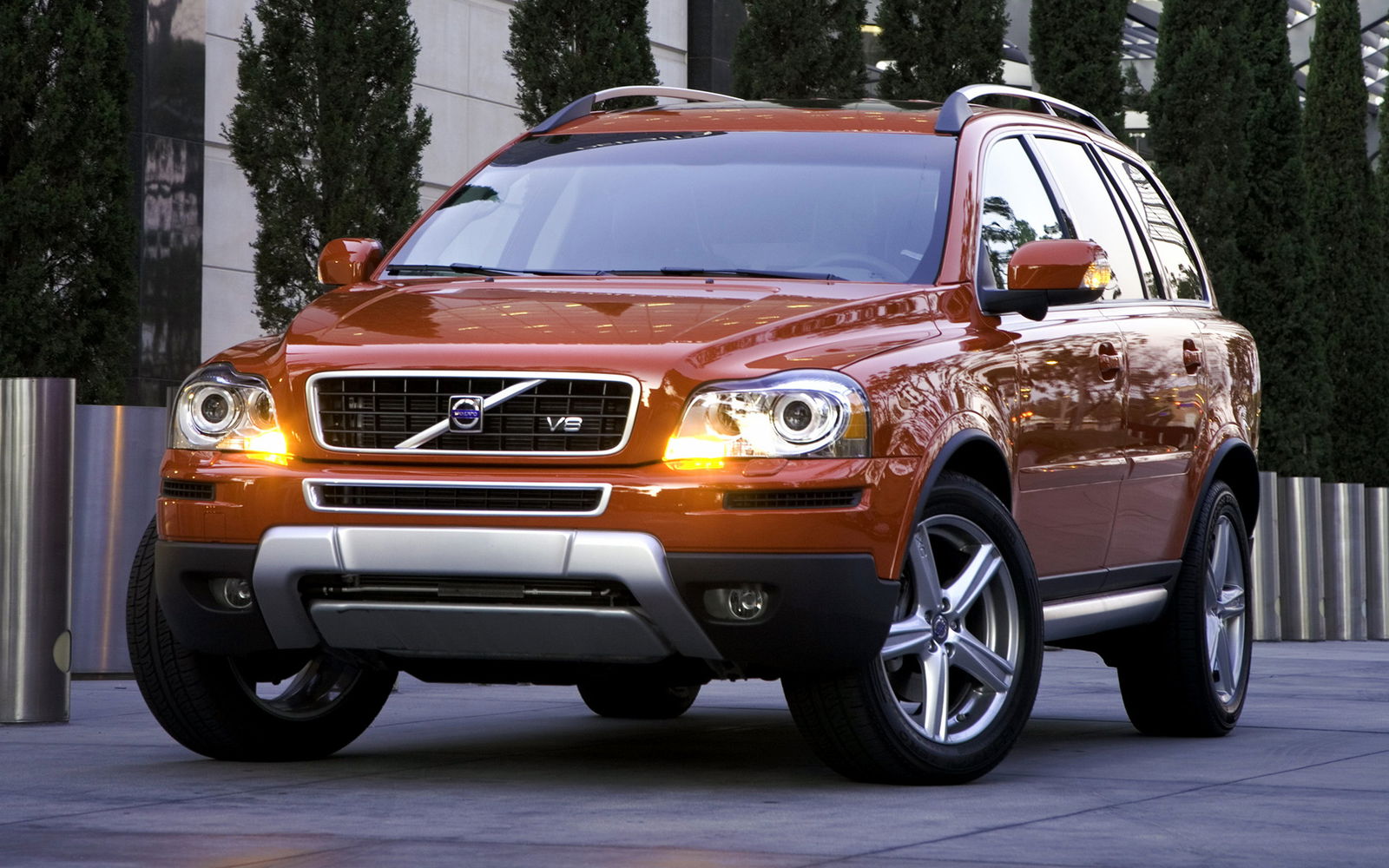
Volvo’s V8 is notable for two main reasons. Firstly it was designed specifically to be mounted transversely, and secondly, Volvo didn’t actually build it - it was developed and manufactured by Yamaha.
Volvo had decided that the original XC90 really needed a V8 in order for the vehicle have a proper crack at the US SUV market, but the Swedish manufacturer didn’t exactly have a lot of experience in this area. Buying an existing engine from another source wouldn’t work either, as a conventional eight-banger would eat into the XC90’s front crumple zone.
Instead, Volvo went to Yamaha with its exacting requirements, and the ‘B8444S’ was born. The engine that arose from this joint venture is incredibly compact, with a narrow cylinder bank angle of 60 degrees rather than the more usual 90. The block was cast with mounting mounts for ancillaries so space-sapping brackets weren’t necessary, and Yamaha even offset the cylinder banks by half a cylinder to improve the fit in the XC90’s engine bay.
The engine also saw use in the S80, before being discontinued in 2010. A heavily modified version ended up mounted in the middle of Noble’s M600 supercar. As demonstrated above, it can produce quite the soundtrack with some exhaust trickery.
Ford Taurus SHO
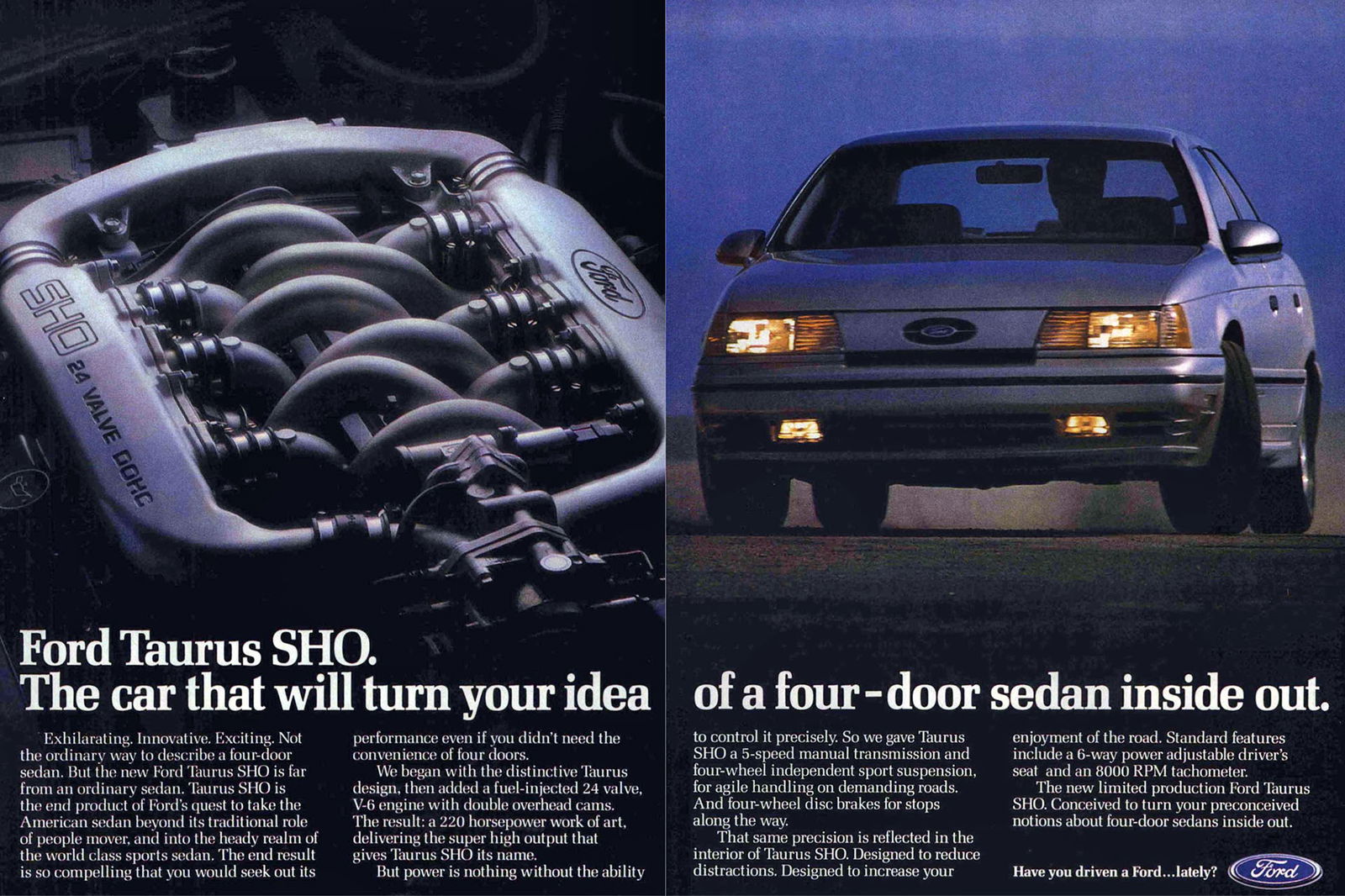
Ford turned to Yamaha to make sure the ‘Super High Output’ designation of this Taurus wasn’t meaningless, and what the Japanese company came up with was particularly special. The 3.0-litre V6 would rev to 7300rpm (but was apparently capable of going beyond 8000), and produced 220bhp - an absurd amount of power for an engine of that size at the time. In fact, this jumped-up Taurus matched and exceeded the output of multiple V8 Fox Body Mustangs of the era. Awkward.
The icing on the cake? It also has a variable-length manifold that looks like it belongs in an art gallery.
The engine was carried over to the second-generation Taurus SHO in 1992, although it was dropped for the 96-on third-gen car in favour of a 3.4-litre V8 made from a Cosworth block. But the cylinder heads? They were from…Yamaha.
Toyota 2000GT
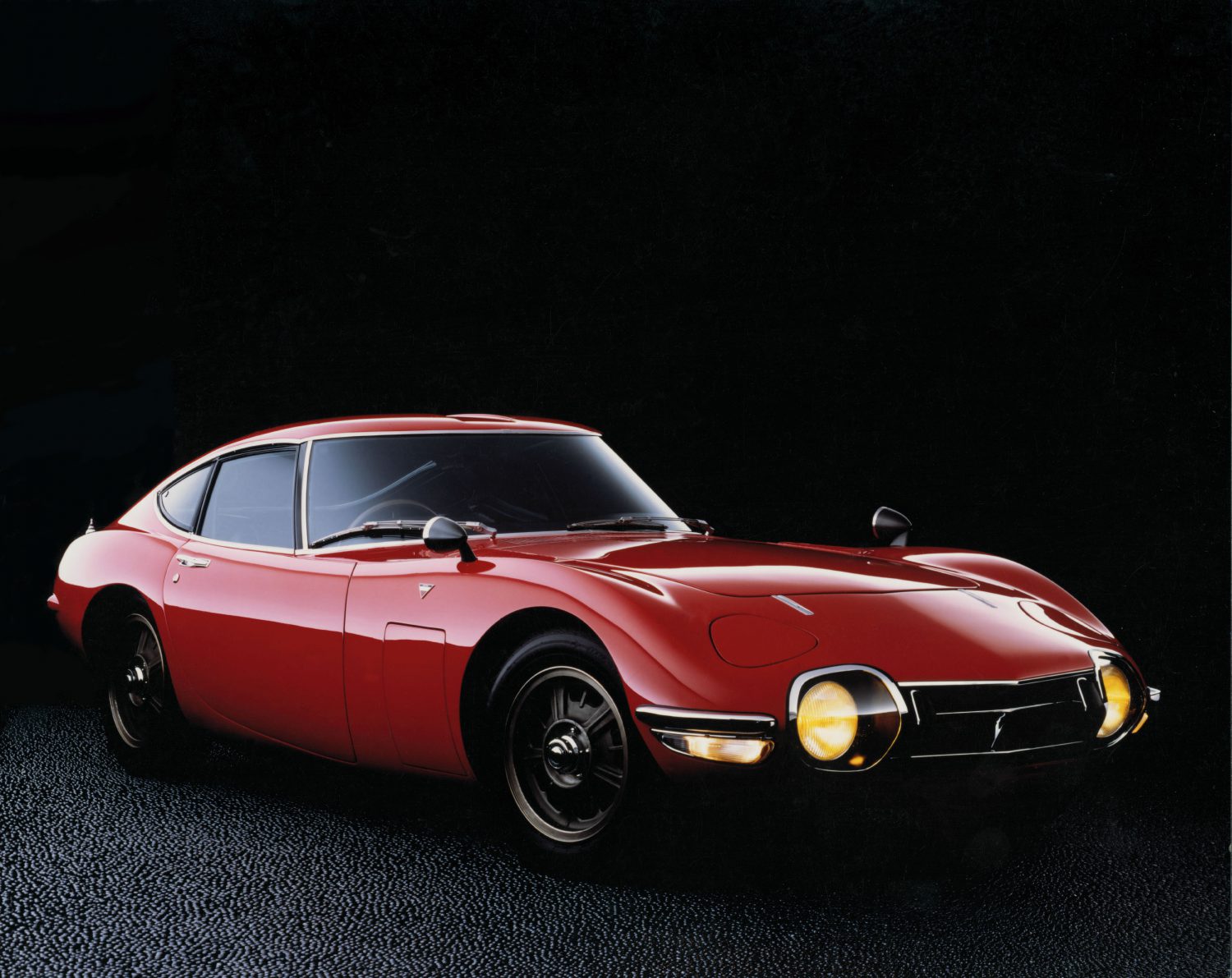
We’re going to slot one last Toyota in here because it’s a biggie: the 2000GT, which involved much more than Yamaha designing a cylinder head or even a whole engine.
The 2000GT allegedly started off as a joint-project between Yamaha and Nissan, with the intention of creating a Fairlady successor. After the latter company pulled the plug, Yamaha turned to Toyota to make its sports car dreams a reality.
Keen to shed its humdrum image, Toyota agreed to join forces, giving the world the 2000GT in the process. In the end, the shape was penned by Toyota’s Satoru Nozaki, but Yamaha played a major role in designing, engineering and manufacturing the car, producing 351 examples over three years.

Comments
Don’t forget this
Sooo… Yamaha developed a VR8 for Volvo?
Now I’m torn… Yamaha is one of my favourite brands of both pianos and motorbikes, and they helped make so many great Toyotas, seeing as the 2000GT is one of the most beautiful Japanese cars ever made, and the LFA has what is by far the best V10 engine ever, but I feel like I’d betray my love for Mazda with my love for Yamaha…
You forgot this one tho - the completey forgotten Yamaha OX99-11.
400hp from an F1-derived 3.5L V12. $1.3m…. AWESOME
I love the Taurus SHO
The S90 never came with the V8, it was the S80
You guys forgot the Ford Puma, which ZETEC-SE was also mainly made byYamaha. And in addition to SHO V6 on a Taurus.. there was a small 3.4 litre V8, also for the Taurus..
But yeah, the V8 on the Volvo is pretty nice, tho the running costs are pretty high. It’s cheaper to run an American V8 with less needs…
1ZZ-FE doesnt have anything to do with yamaha and yamaha only did the 2zz
https://www.carthrottle.com/post/2ze7b7l/
And to complete, here´s 6 engines toyota made with yamaha
*S80
Pagination